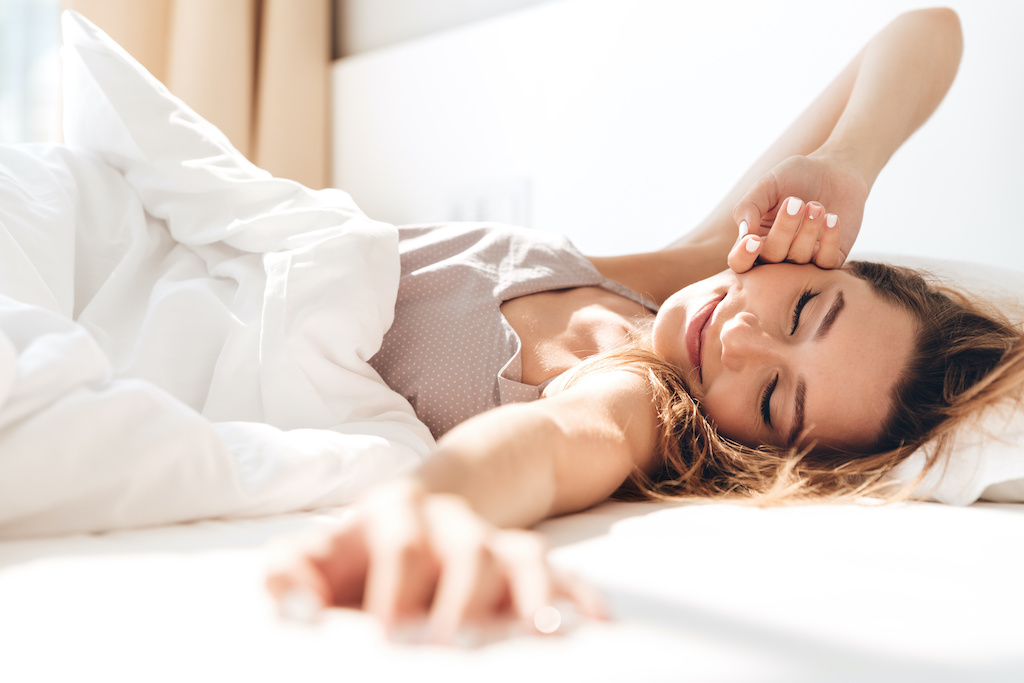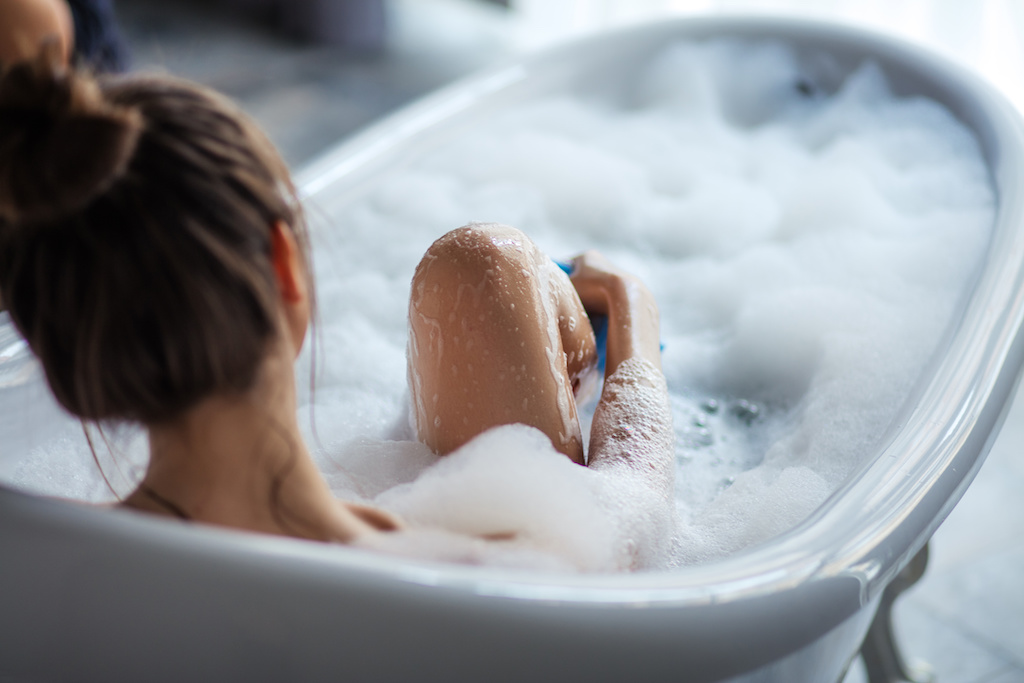Discover how your bedtime rituals can help you to sleep better. Good sleep also requires sticking to a few habits during the day. Get a good night’s sleep and stay in shape all day long with our 10 examples of rituals for day and night, which will quickly become habits if you are mindful of them every day.
Why can creating rituals help you sleep well?

Sleep represents about 1/3 of our life span and its quality has a direct impact on health and morale. The body functions according to an alternation of wakefulness and rest, regulated by circadian cycles. This is why bedtime rituals are useful for everyone, and not only during childhood: They help to condition the body to prepare for sleep.
By always performing the same actions in the same order, and, if possible, at the same time, you help your brain to understand that it is time to sleep. While the last activities performed before falling asleep are important, certain habits can delay falling asleep. By adopting the right rituals, you can make sure you benefit from a restful sleep.
5 evening rituals to sleep better

Here are 5 examples of rituals to perform in the evening before going to bed:
- Eat a light and early dinner: Eating late or having meals that are too rich means trying to fall asleep during the digestion phase, which is not conducive to having a good sleep. Ideally, allow about 2 hours between the end of dinner and bedtime and avoid dishes that are too heavy: A vegetable, a portion of starchy food and a light dessert are sufficient for dinner.
- Turn off screens at least 1 hour before going to sleep: The artificial light produced by screens (television, computer, tablet, smartphone, etc.), and, in particular, blue light, inhibits the secretion of melatonin, the sleep hormone.
- Taking a hot bath about 1 or 2 hours before going to sleep can help the body to relax: According to a study carried out in 2019 at the University of Austin in Texas, taking a hot bath in the evening could help to improve the quality of sleep by stimulating blood circulation and promoting the body’s thermoregulation process. After bathing, the body cools down more quickly, which helps you to fall asleep.
- Go to bed every night at the same time, during the week and at the weekend: Having a sleep schedule that fluctuates from day to day disrupts the secretion of melatonin, a key hormone for regulating the sleep/wake cycle. With an irregular rhythm, you feel effects comparable to those of jet lag when travelling. To get a good night’s sleep, plan between 6 and 9 hours of sleep, with bedtime and wake-up times as consistent as possible between days of the week in order to give your biological clock a reference point. On days when you are not working, take advantage of the time saved by having an early morning wake-up call to allow you carry out stimulating activities: Exercise, walks and so on.
- Chase away stress with positive thoughts: To relax before going to sleep, the last element of your ritual can be a breathing exercise.
5 good habits to adopt during the day

You can also make sure you have a good quality sleep by making sure you have good habits throughout the day:
- Exercising in the morning promotes more restful sleep at night by regulating the level of cortisol, the stress hormone, and by acting on blood pressure.
- Having a healthy and balanced diet: The composition of your meals has a direct impact on the quality of your sleep. For example, carbohydrates tend to promote falling asleep, while proteins stimulate the body and increase alertness.
- Replace coffee or tea with a tisane; an infusion: Caffeine and tannin stimulate the nervous system and to avoid disturbing your sleep, their consumption is not recommended after 5 pm. On the other hand, drinking a hot drink is an excellent idea for promoting a good night’s sleep. Numerous herbal infusions promote relaxation and relaxation: Camomile, passionflower, lemon verbena, bitter orange blossom, and so on.
- Reducing alcohol and nicotine consumption: Drinking alcohol or smoking causes discontinuous sleep and can be a cause of insomnia.
- Find solutions to reduce stress in your daily life: Take breaks more often, go for a walk, do creative activities, do more physical activity, stretch, do yoga or suchlike.
Check out our Health & Fitness page for more advice.
